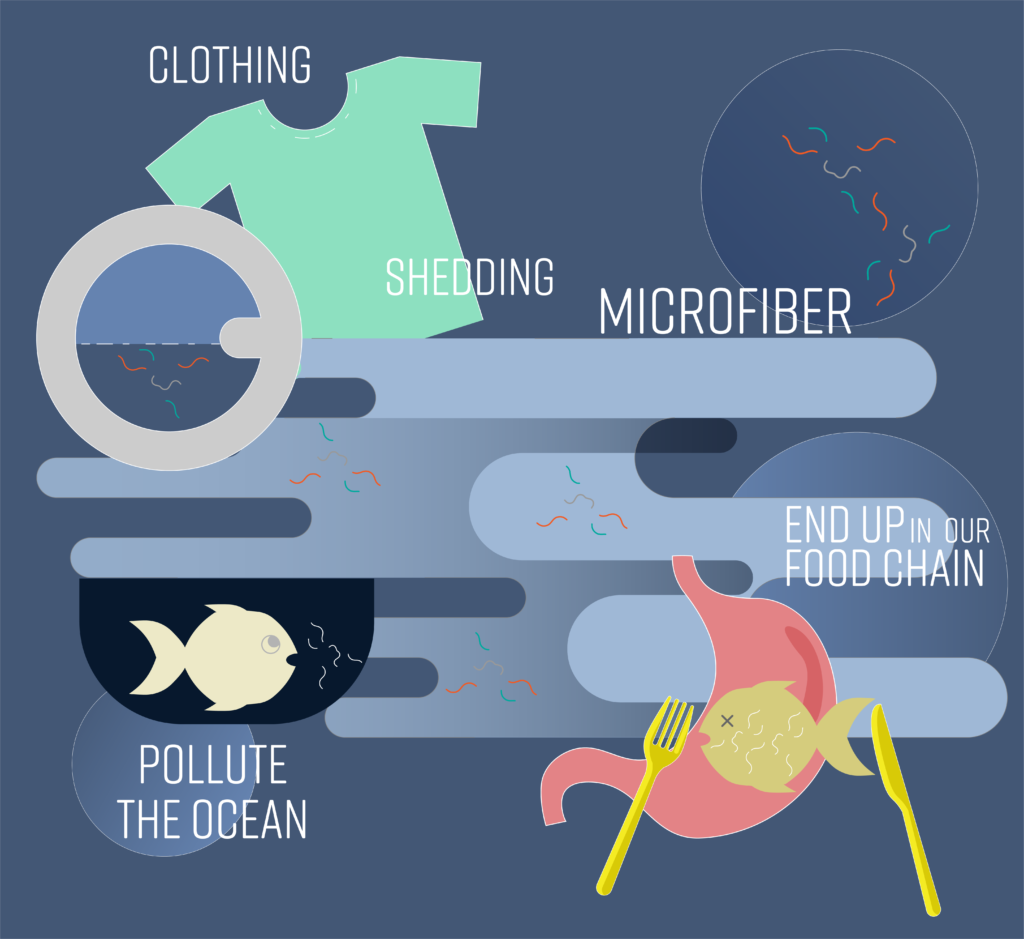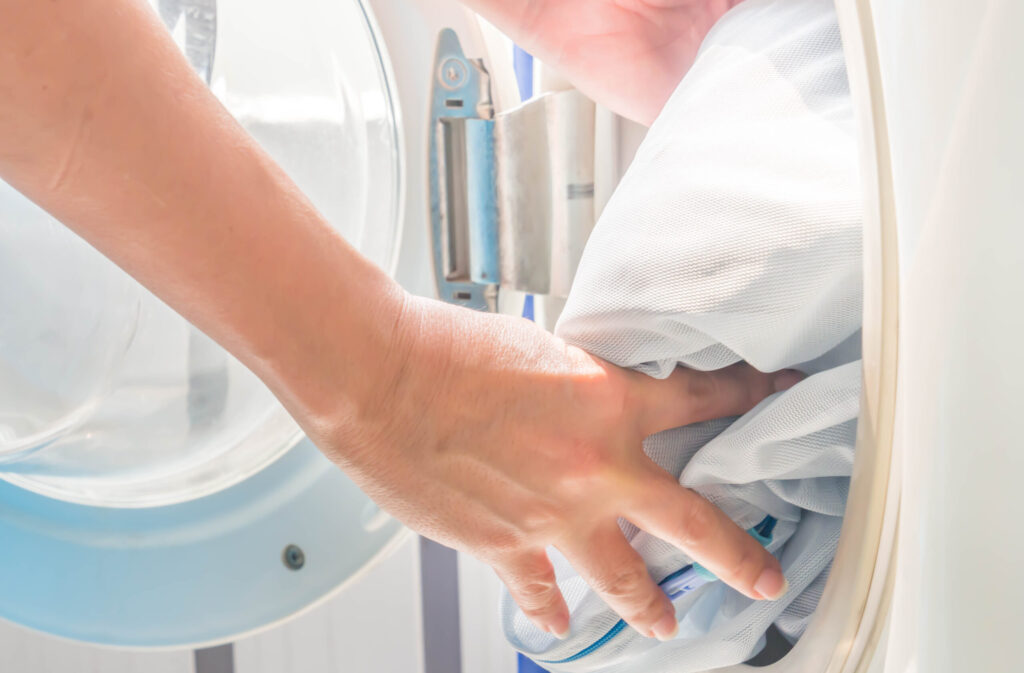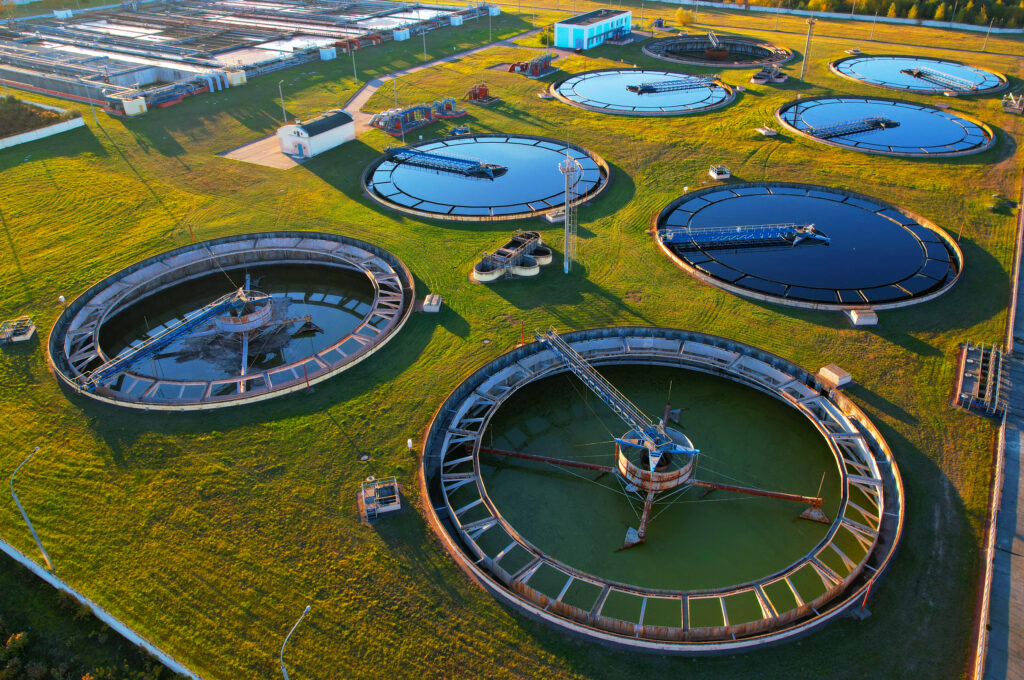The Impact of Microfibers on the Environment: Understanding the Issue and Taking Action
Presso Andrew O’Shea / 12:00 PM EST•April 19, 2023
Microfibers, the tiny particles of materials shed from textiles during washing, have emerged as a significant environmental concern. These minuscule fibers make their way into our oceans and waterways, causing harm to aquatic life and entering the food chain. In this blog post, we will discuss the environmental impact of microfiber pollution and highlight ways to reduce it.
The Environmental Impact of Microfiber Pollution

Threat to Aquatic Life
Microfibers pose a significant threat to aquatic life, as they can be ingested by marine animals, causing physical harm or introducing toxins into their systems. Smaller organisms, such as plankton, are particularly vulnerable to microfiber ingestion, which can have cascading effects on the entire food chain
Contamination of the Food Chain
As microfibers accumulate in the bodies of marine organisms, they can eventually make their way into the food chain, with potential consequences for human health. Studies have found microfibers in seafood, salt, and even drinking water, raising concerns about the long-term impacts of microfiber ingestion on human health.
Persistence in the Environment
Microfibers are often made from synthetic materials like polyester, nylon, and acrylic, which do not biodegrade easily. As a result, microfibers can persist in the environment for long periods, potentially causing harm to ecosystems and wildlife.
Ways to Reduce Microfiber Pollution

Use a Microfiber Catching Device
Using a microfiber-catching device, such as a washing bag or filter, can help capture microfibers during the washing process and prevent them from entering the wastewater system. These devices are relatively affordable and can be easily incorporated into your laundry routine.
Wash Clothes Less Frequently
By reducing the frequency of washing, you can decrease the number of microfibers shed from your clothing. Try airing out clothes or spot-cleaning them to extend the time between washes.
Choose Natural Fibers
Opt for clothing made from natural fibers, such as cotton, linen, and wool, which shed fewer microfibers and biodegrade more readily than synthetic materials. Be aware, however, that even natural fibers can have environmental impacts, so it is essential to choose responsibly sourced, sustainable options.

Buy High-Quality Clothing
Invest in high-quality clothing that is less likely to shed microfibers and will last longer. This not only reduces microfiber pollution but also helps decrease overall textile waste.

Advocate for Improved Wastewater Treatment
Support initiatives to improve wastewater treatment facilities, which can help capture more microfibers before they are released into the environment. This may include upgrading filtration systems or incorporating advanced technologies to remove microfibers from wastewater.
The environmental impact of microfiber pollution is an emerging concern that warrants further attention and action. By taking steps to reduce microfiber shedding, choosing sustainable clothing options, and supporting improvements to wastewater treatment, we can help protect our oceans, waterways, and the countless species that depend on them. Together, we can contribute to a cleaner healthier environment for all.
About Presso
Presso is an Atlanta-based, AI-Robotics company harnessing the power of technology to create the first line of on-demand, energy-efficient, express garment care machines.

